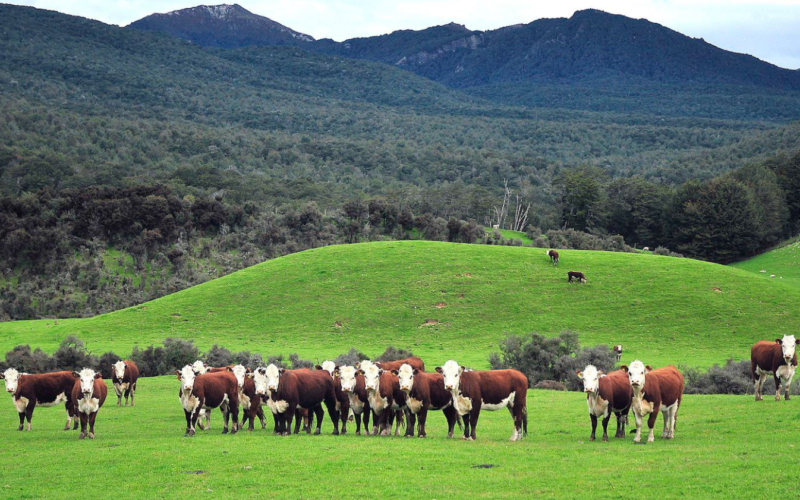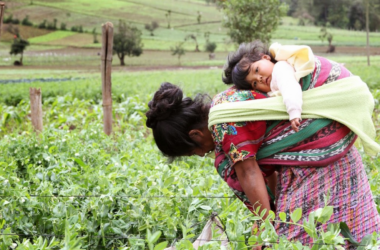In New Zealand, the agricultural community is gearing up for a potential wave of protest votes in opposition to the country’s climate change policies, particularly from a right-wing standpoint.
New Zealand, renowned for its picturesque landscapes and robust agricultural sector, has been taking steps to address climate change, including the implementation of policies aimed at reducing greenhouse gas emissions from the farming industry. However, these measures have sparked resistance and concern within the farming community, particularly among those who align with right-wing political ideologies. Critics argue that the policies may impose economic burdens on farmers and jeopardize the viability of their livelihoods.
Anger among rural voters in New Zealand regarding environmental policies aimed at addressing climate change and reducing carbon emissions may contribute to a resurgence of right-wing parties in the upcoming October 14th election. This shift in political preference has the potential to diminish the nation’s environmentally friendly reputation.
Farmers, who argue that their livelihoods are at risk, are now turning to conservative candidates who pledge to either reverse or delay these Labour Party policies.
“Rural communities in New Zealand, especially farmers, have faced significant challenges over the past six years, with the last three years witnessing the introduction of a slew of regulations,” noted McKenzie, a co-founder of the rural protest group Groundswell.
New Zealand’s farmers have organized several protests in the past two years in response to increasing regulations and emissions reduction initiatives in agriculture. Similar farmer protests in the Netherlands, aimed at government environmental policies, resulted in the protest party gaining sufficient support in March to impact the country’s senate.
The prospect of a protest vote by New Zealand farmers highlights the intersection of environmental policies, economic interests, and political ideologies. It demonstrates the ongoing debate surrounding the balance between addressing climate change and safeguarding the agricultural sector, which plays a pivotal role in the country’s economy.
The upcoming elections will provide a platform for farmers to voice their concerns and express their opinions on climate change policies. It also highlights the need for a constructive dialogue that addresses both the environmental challenges and the economic well-being of those in the agricultural sector.








